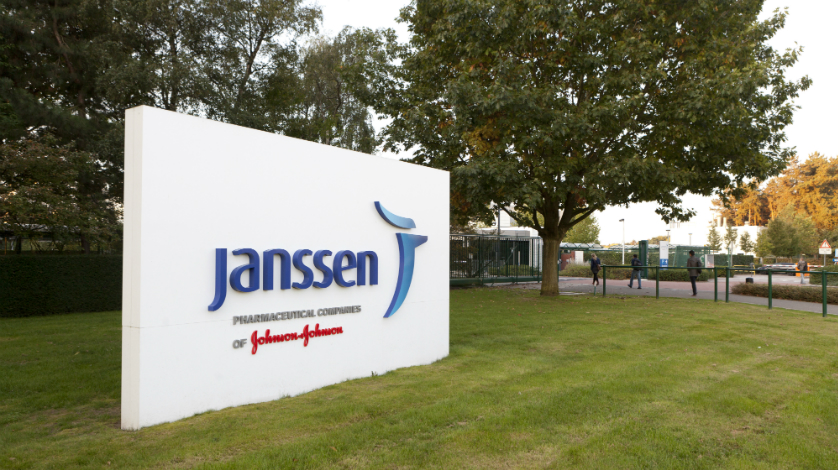Chasing BMS, J&J files BCMA CAR-T for multiple myeloma to FDA

Johnson & Johnson’s Janssen unit has filed a rolling submission for its multiple myeloma CAR-T ciltacabtagene autoleucel (cilta-cel) to the FDA, in hot pursuit of Bristol-Myers Squibb’s delayed rival therapy.
Cilta-cel – which targets B-cell maturation antigen (BCMA) – has been submitted as a treatment for patients with relapsed or refractory myeloma, an incurable form of blood cancer, specifically in heavily treated adults who currently have few therapeutic options.
BMS’ CAR-T idecabtagene vicleucel (ide-cel) is going after the same indication and is due for a verdict from the US regulator on 27 March 2021.
The rolling application allows portions of the dossier to be filed as they become available, shortening the review time, although BMS is still in pole position to bring a multiple myeloma cell therapy to the US market, despite a setback earlier this year when the FDA rejected the filing for the CAR-T, asking for more data.
Cilta-cel’s filing triggers a $75 million payment from J&J to its development partner Legend Biotech under the terms of a deal signed in December 2017. It is J&J’s first application for a cell therapy.
The submission is based on results from phase 1b/2 CARTITUDE-1 study, which showed an overall response rate of 97% with cilta-cel, with 67% of patients achieving a stringent complete response despite having received a median of five prior therapies.
The median duration of response and progression-free survival still have not been reached in the study, suggesting the effect is long-lasting, according to Janssen.
Like other CAR-Ts the therapy isn’t without risk however, and there were 14 deaths reported during the study, including six due to complications related to treatment itself.
https://twitter.com/JanssenGlobal/status/1340998576915312643
With all the caveats about comparing different trials, cilta-cel’s results look a little better than those of ide-cel’s KarMMa study, which had an overall response rate of 73%, including 33% complete responses, among patients who had a median of six prior treatments.
BMS is also developing another BCMA directed CAR-T – orvacabtagene autoleucel (orva-cel) – which generated positive results in the EVOLVE trial this year.
Ide-cel and cilta-cel aren’t the first BCMA-targeted drugs for myeloma, however. GlaxoSmithKline’s antibody-drug conjugate (ADC) Blenrep (belantamab mafodotin) has already been approved in the US and Europe, making almost $11 million in third-quarter sales in its first few weeks on the market.
There are other BCMA drugs coming through the pipeline as well, including a string of bispecific antibody therapies from Regeneron, Amgen, J&J and others that could sidestep the cumbersome and risky treatment and manufacturing process for CAR-T therapies.













